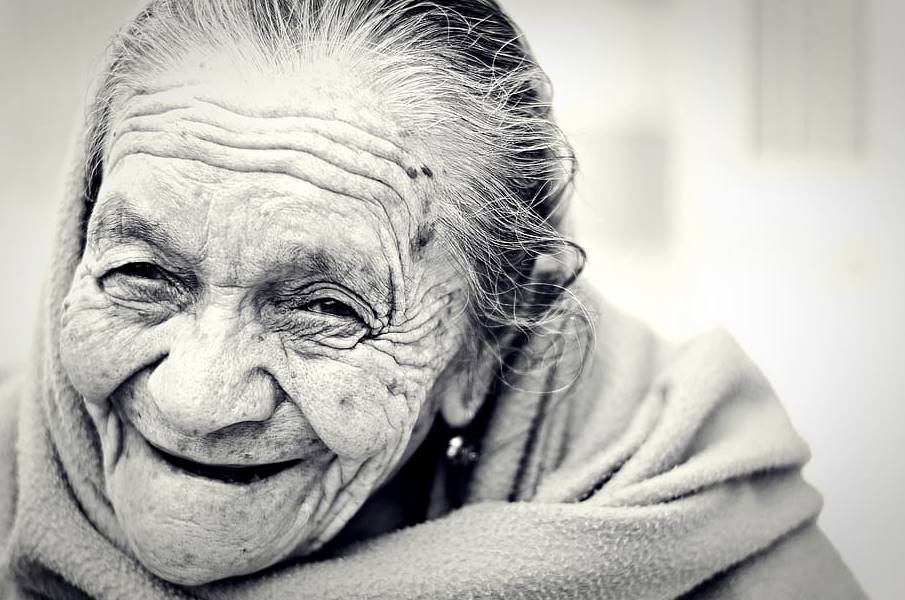
Maria de la Luz is a 70-year-old woman from Mazatlán, a city lining the coast of Mexico, who announced she was six months pregnant. She already has seven children, surpassed middle age, and has probably gone through menopause, so many disbelievers have regarded the unexpected news as unlikely. Ms. de la Luz, however, is sticking by her story, saying she even has the ultrasounds to prove it.
According to The Sun, Ms. de la Luz presumed she was with child three months ago, when she started feeling abnormal pain in her legs coupled with dizziness and vomiting. She went to a clinic to do some tests and said the doctors couldn’t believe it. ‘They told me it is a girl. Look, you can see her little face,’ she told local news while pointing to the blurred photos. ‘Now they have done around 10 ultrasounds in a private clinic and in the (public) social security hospital.’
Ms. de la Luz says the birth of her baby girl is set to happen in July by cesarean section. Unfortunately, the rest of her children are not pleased with the announcement. Having heard they could be joined by an eighth sibling, they told their mother she was too old for ‘those things.’ Although she disagrees and claims she’s fit to go through with the birth, Ms. de la Luz will have to be mindful of the potential complications that come with pregnancy at an advanced age.
Medical News Today clarifies that mothers over the age of 35 could likely deliver babies with genetic complications that could lead to Down syndrome and risk having a miscarriage or stillbirth. Based on research published by Russell S. Kirby, PhD. of the University of Alabama at Birmingham, health risks to both a mother and their baby rise as the maternal age increases.
Twenty-four women who conceived via IVF using donor eggs and gave birth between the ages of 50 and 64 were included in Kirby’s study. Their pregnancy results were compared with those of 99 women between the ages of 45 and 49, who also participated and had their children within the same time span. More than half of the mothers over 50 years of age (63%) were hospitalized during pregnancy, compared to the 22% who were below 50.
‘Women who contemplate a pregnancy in their 50s need to be made aware that they face increased risk, and so do their babies,’ Kirby tells WebMD. ‘But that doesn’t mean that [late-life] pregnancies should not be attempted. I would be a strong advocate of patient choice in this matter, but women have to know the risks,’ he warns.
With the birth of Ms. de la Luz’s child potentially comes a new world record. Maria del Carmen Bousada de Lara of Barcelona, Spain, currently holds the title of the world’s oldest person to give birth when she delivered twin boys via cesarean section at the age of 66 in 2006, documents Guinness World Records. Maria del Carmen Bousada de Lara was also criticized by her own family, who said she was ‘selfish and irresponsible’ for lying about her age in order to receive IVF treatments, according to The Telegraph. Regrettably, she passed away three years after her babies were born following a cancer diagnosis. Although Omkari Panwar from Uttar Pradesh, India, claims she was 70 when she gave birth to twins in 2008, it was never verified.